Recently, six books by the late children's writer Dr. Seuss have been removed from publication, by Dr. Seuss Enterprises, on grounds of "portraying people in hurtful and wrong ways." But this shouldn't come off as surprising news as the creator of characters like The Grinch and The Lorax has had his name attached to several works bearing offensive imagery. Black boxers are described as "gorillas" while Jewish people are depicted as "stingy." The examples continue as one looks further into the books.
While it can be argued the author was a product of his times, this particular case yet again reveals how certain children's authors haven't maintained their cult status over the years, either because of questionable writings or their own prejudices.
10 Roald Dahl
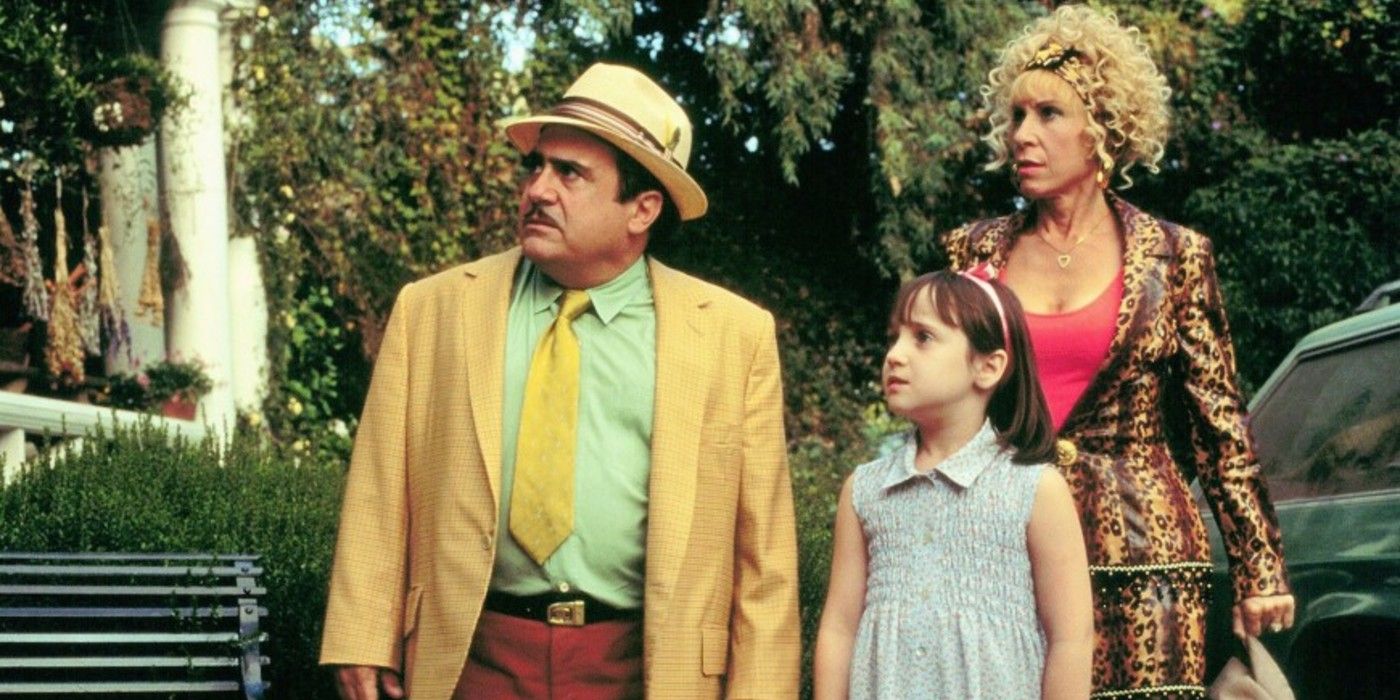
Arguably one of the most popular and highest-selling children's authors, Roald Dahl's books have been popularized further with movies adaptations like Charlie and the Chocolate Factory, Matilda, and The BFG.
Apart from questionable content in his literature (such as the Oompa Loompas, who are a problematic portrayal of little people), the beloved author was also a vocal anti-Semite. As Dahl summed up his views to the New Statesman, "There is a trait in the Jewish character that does provoke animosity. I mean, there’s always a reason why anti-anything crops up anywhere; even a stinker like Hitler didn’t just pick on them for no reason."
9 J.K. Rowling
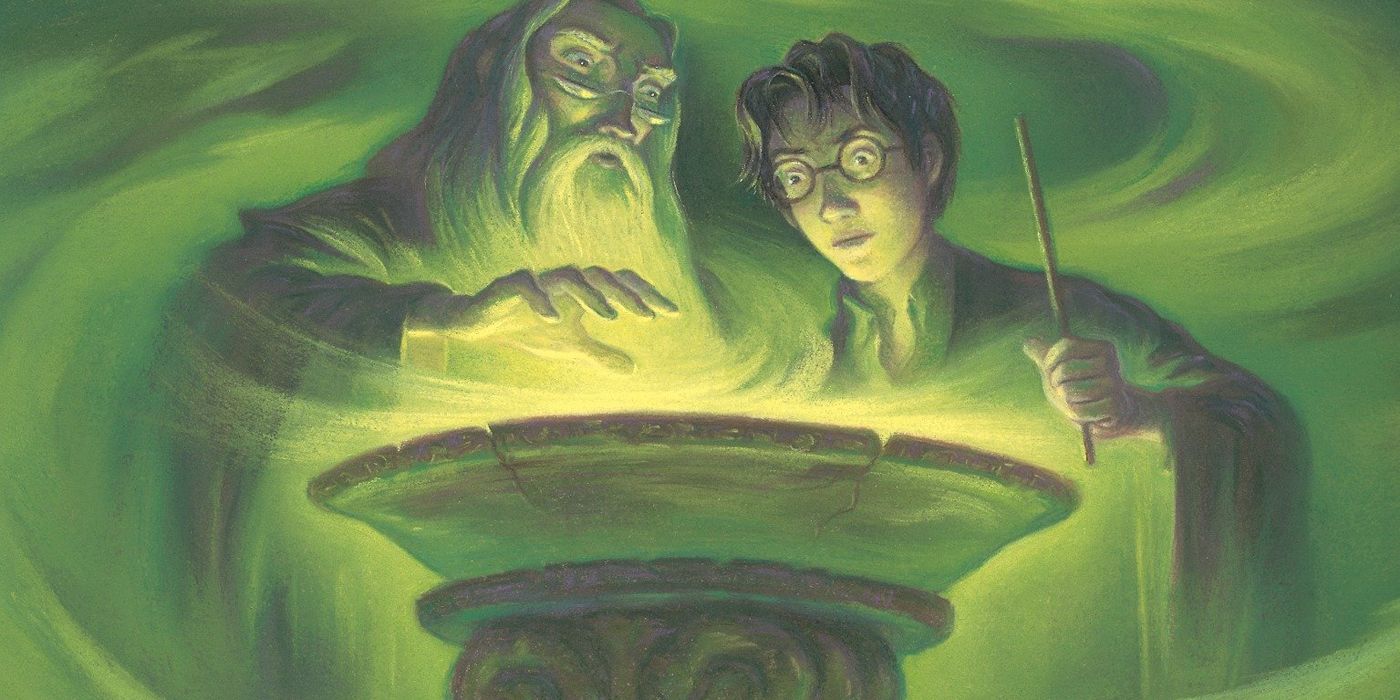
J.K. Rowling's magical world of Harry Potter still continues to garner a huge following, thanks to her books and the film franchise it spawned. Over time, however, Rowling as a person has witnessed a decline in her popularity considering her views are transphobic, being dubbed as a TERF (an abbreviation for Trans Exclusionary Radical Feminist).
Most of the controversy came from Twitter as she often tweeted her reasons for being concerned about trans activism. Her words often point towards 'othering' trans women rather than seeing them as women; there is also the matter of her transphobic essay and support of active TERFs. Not only fans but even Harry Potter actors like Daniel Radcliffe have expressed their disappointment on Rowling's stances.
8 L. Frank Baum
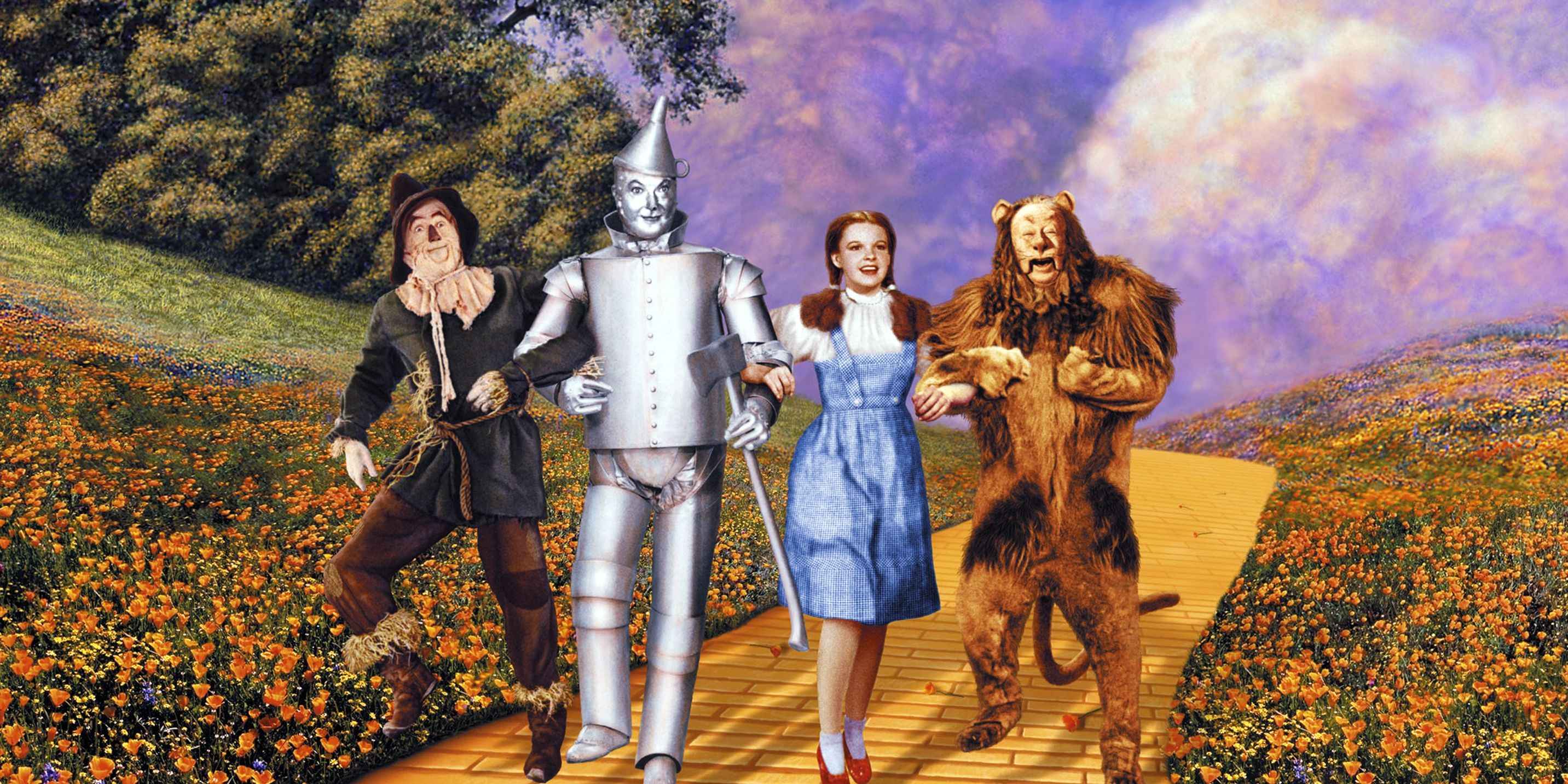
L. Frank Baum's The Wizard of Oz is a classic in its own right and has often angered conservative parents in the 1920s for featuring a girl as a strong leader. Surely, the fantasy novel was ahead of its times and Baum can be considered as a visionary author.
However, outside fiction, his opinions on Indigenous people are outmoded and clearly offensive. Apart from garnering a hateful attitude towards Indigenous populations, he even advocated for their genocide, as is evident from his news editorials.
7 JM Barrie
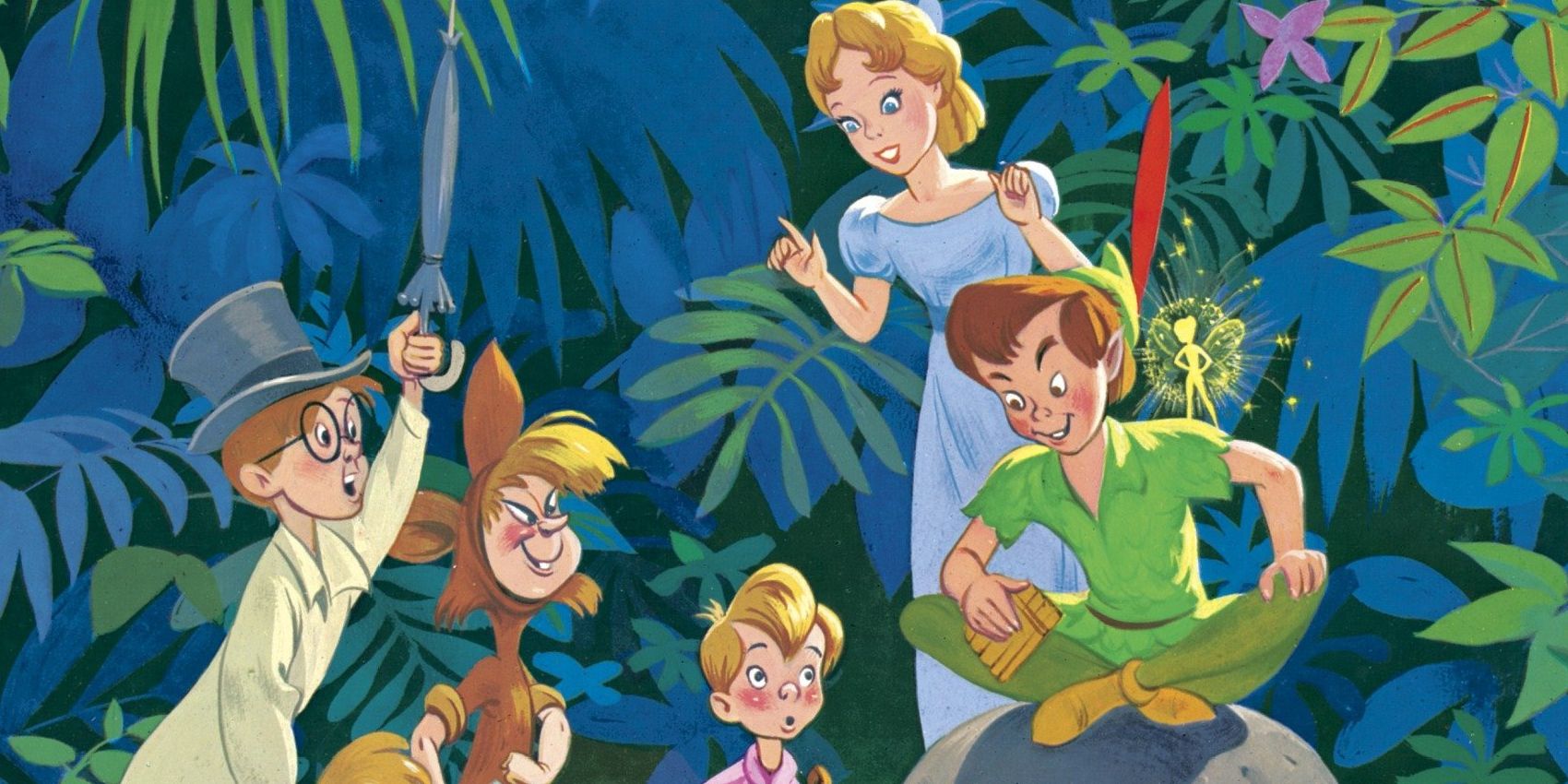
"...they carry tomahawks and knives, and their naked bodies gleam with paint and oil. Strung around them are scalps, of boys as well as pirates." This is how Tiger Lily and other Indigenous characters are described in JM Barrie's magnum opus Peter Pan. This troubling representation is quite evident in the Disney animated adaptation too.
While a film like Finding Neverland might make viewers see Barrie in a sympathetic light, one can't deny that he too cultivated the same normalized stereotypical notions as the other writers of his time.
6 Warren Ellis
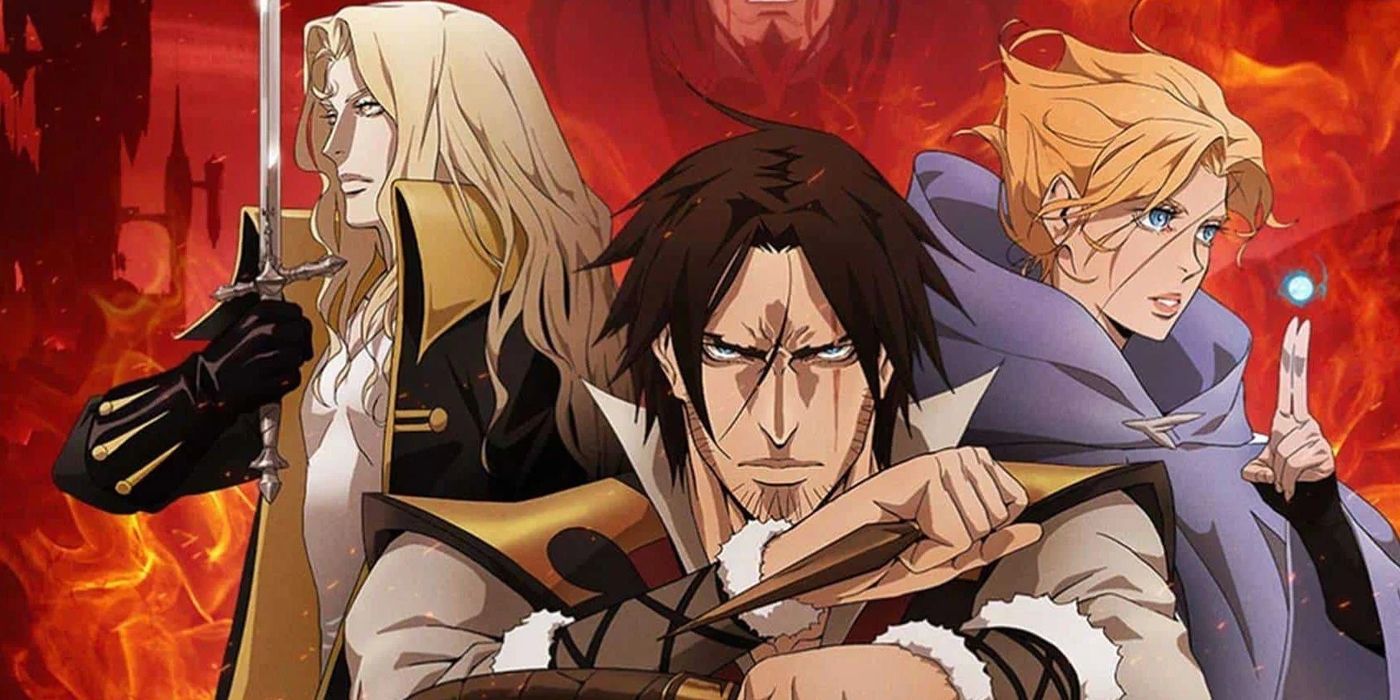
Warren Ellis had authored several comic book series for younger teens as well as adults, including the likes of Astonishing X-Men and Iron Man: Extremis. However, his status as a comic-book legend has severely declined after multiple allegations against him on grounds of sexual coercion and emotional abuse.
A group of over 100 women published their testimonials elaborating on how they were harassed by Ellis over decades. Ellis posted an apology accepting his mistakes, and while he has not been criminally charged yet, many companies have distanced themselves from him. A planned Batman storyline for DC comics by Ellis was soon canceled and Netflix's Castlevania no longer recognizes him as the showrunner.
5 Ted Hughes
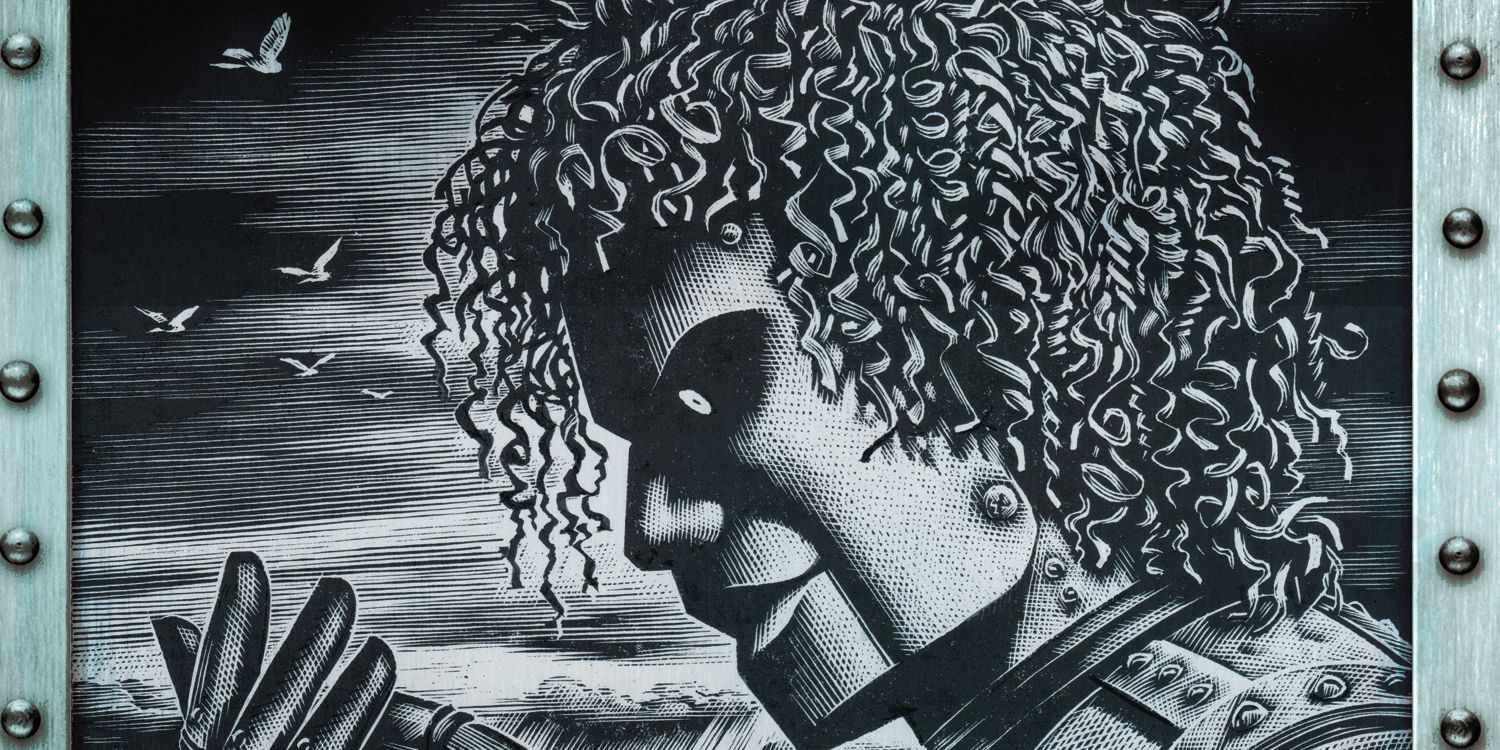
Poet Laureate, parliamentarian, and children's writer Ted Hughes boasted a massive literary legacy, but his reputation was tarnished to an extent due to his abusive behavior towards wife Sylvia Plath (that might have contributed to her death). Poet and the author of The Bell Jar, Plath's career was cut short at the age of 30.
In 2017, two of her letters resurfaced that explained how Hughes had physically assaulted her two days before a miscarriage. The second letter revealed her husband had also wished she were dead. Even though their destructive marriage received a lot of media speculation for years, the details within the letter do point out the possibility of Hughes' toxic behavior having an effect on Plath's mental state.
4 Enid Blyton
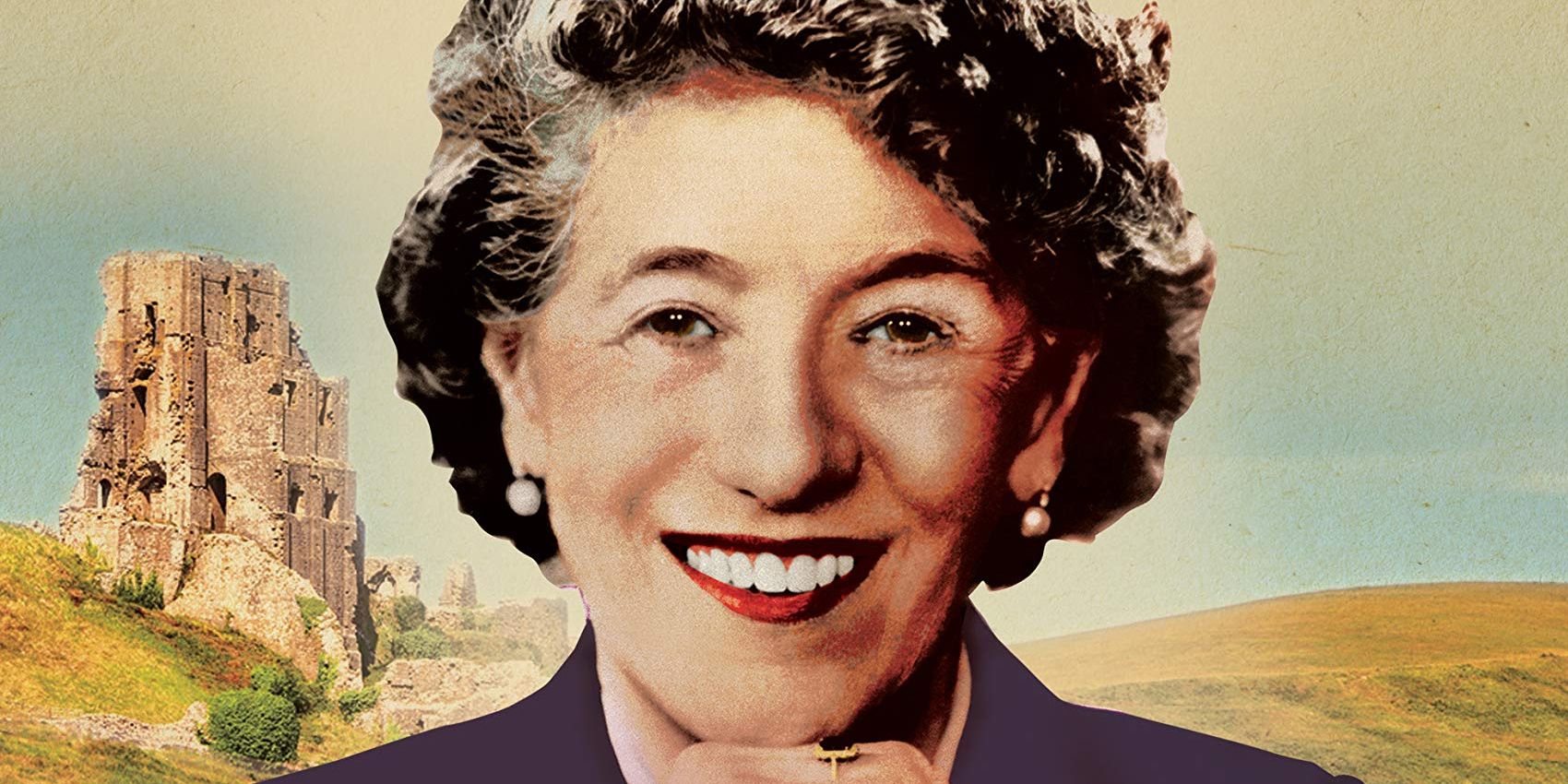
Many children have grown up reading Enid Blyton's fiction, ranging from Noddy to Famous Five. However, her works too bore offensive stereotypes every now and then. For instance, the aforementioned Noddy series featured a few dolls in Toyland named after Golliwogs. These rag dolls, all looking as if they are in blackface, were often depicted as thieves and cheats.
Eventually, these characters were either totally written off from Blyton's books or were replaced by Goblins. Blyton had also authored a short story once titled The Little Black Doll. The titular doll is hated by all for the color of her skin. When the rain washes away her skin tone, revealing a pinkish-white face, everyone starts loving her again — this story wasn't satirical in nature, either. Perhaps such writings explain why the Royal Mint decided not to feature the British author's face on the 50p coin.
3 Hugh Lofting
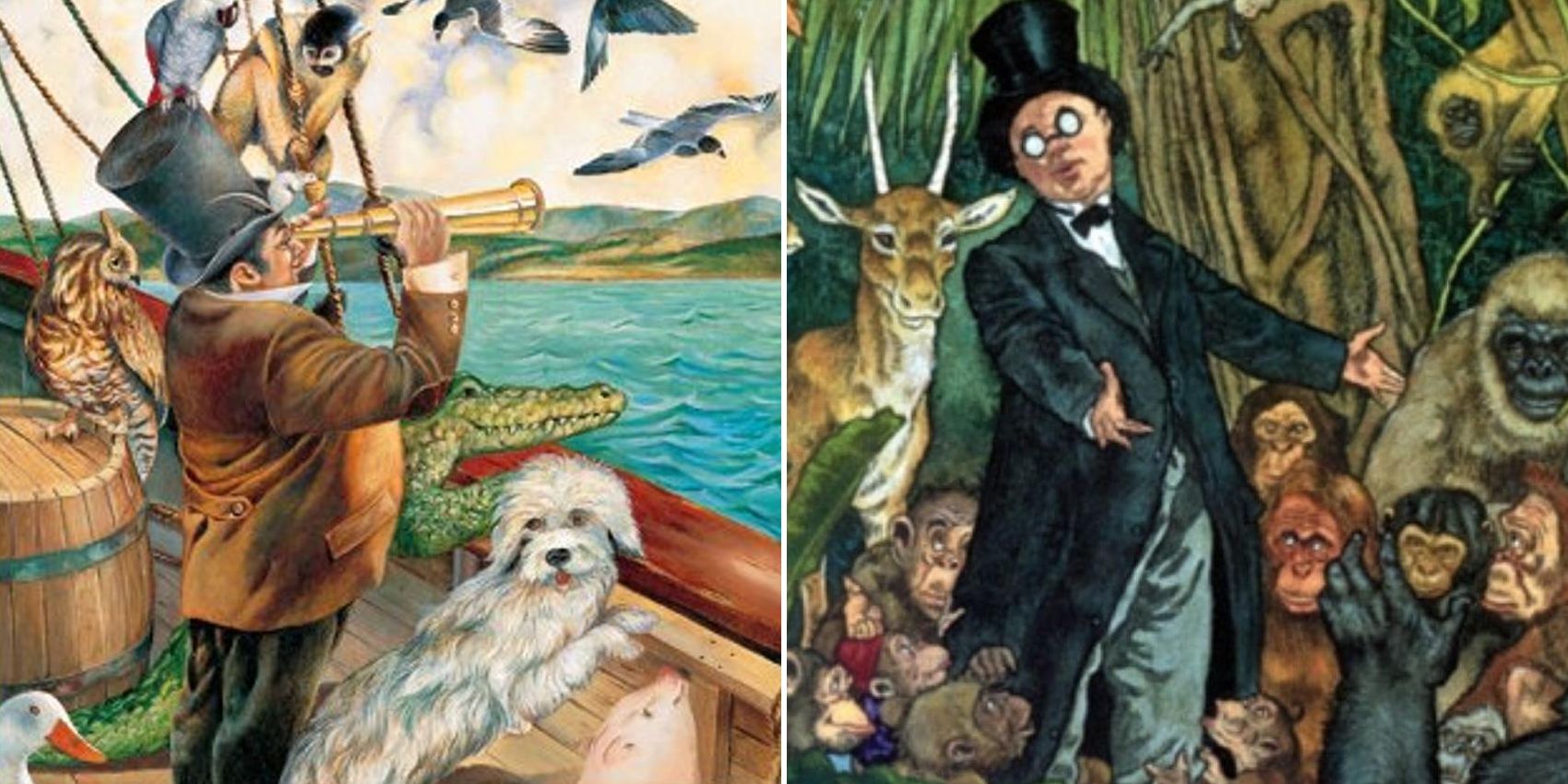
Dr. Dolittle was originally a character created by British author Hugh Lofting who appeared in twelve of Lofting's novels. The series made for delightful reading for children as the concept of a doctor talking to animals was pretty amusing. A product of his time, his writing too included racist stereotypes towards Black people.
Much like Enid Blyton's Black Doll short story, Lofting saw Black skin as an undesirable human trait. In the 1920 novel, The Story of Doctor Dolittle, the African prince Bumpo asks the doctor to change his appearance to that of a white man so he can be seen as 'marriage material.'
2 Mark Twain
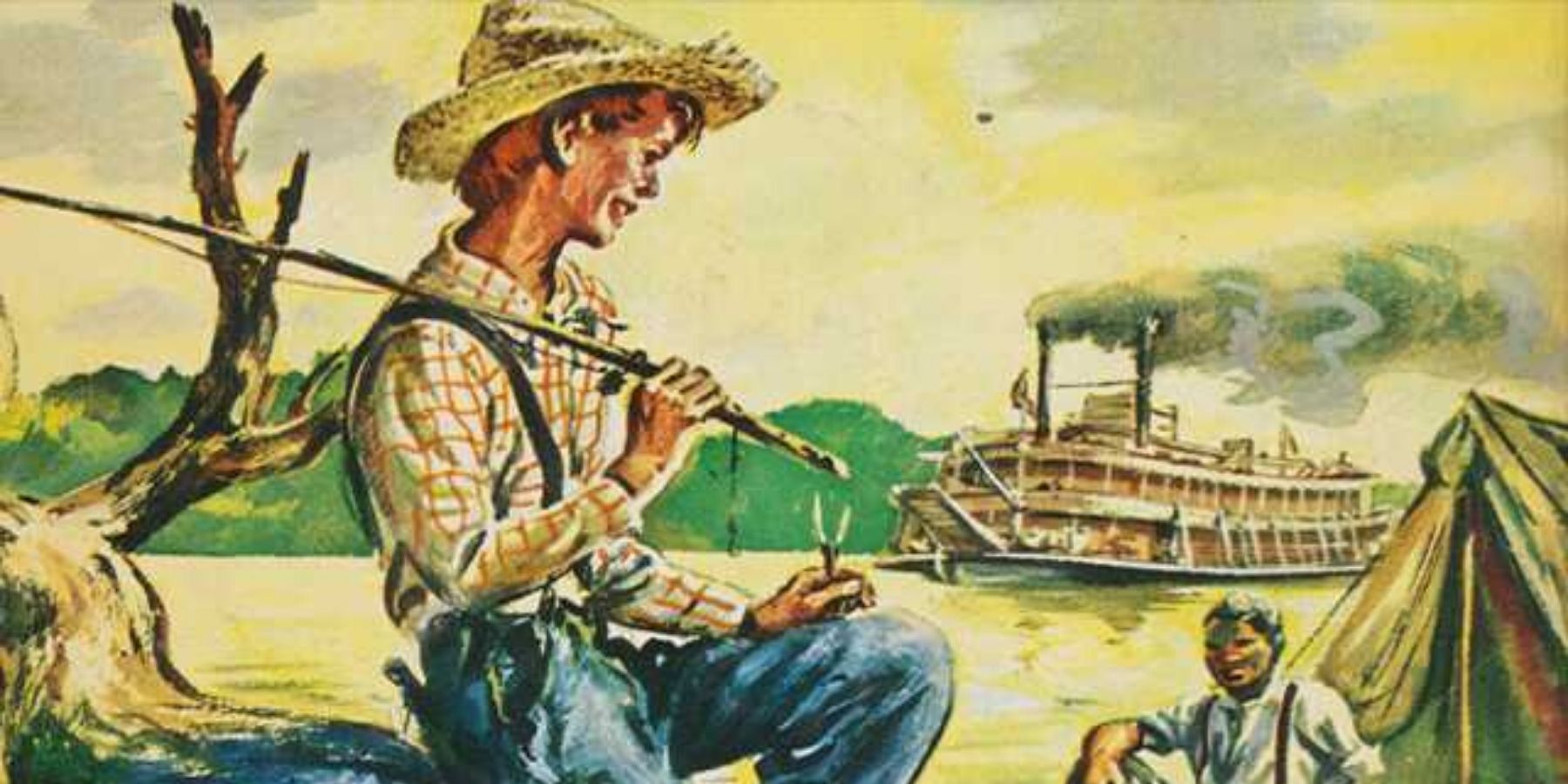
Mark Twain is a revolutionary author when it comes to satire and observational humor. His legacy is still evident from classics like The Adventures of Tom Sawyer and his name being used for the Mark Twain Prize For American Humor.
However, one of his most well-known titles The Adventures of Huckleberry Finn has slowly lessened in circulation amongst younger kids chiefly because of its usage of racial slurs and stereotypes. This is ironic considering the book was intended to be a scathing satire on racism in a Southern antebellum setting. The supporting character Jim, a former slave, is also shown to be foolish and superstitious and is often used for comic relief.
1 Dr. Seuss
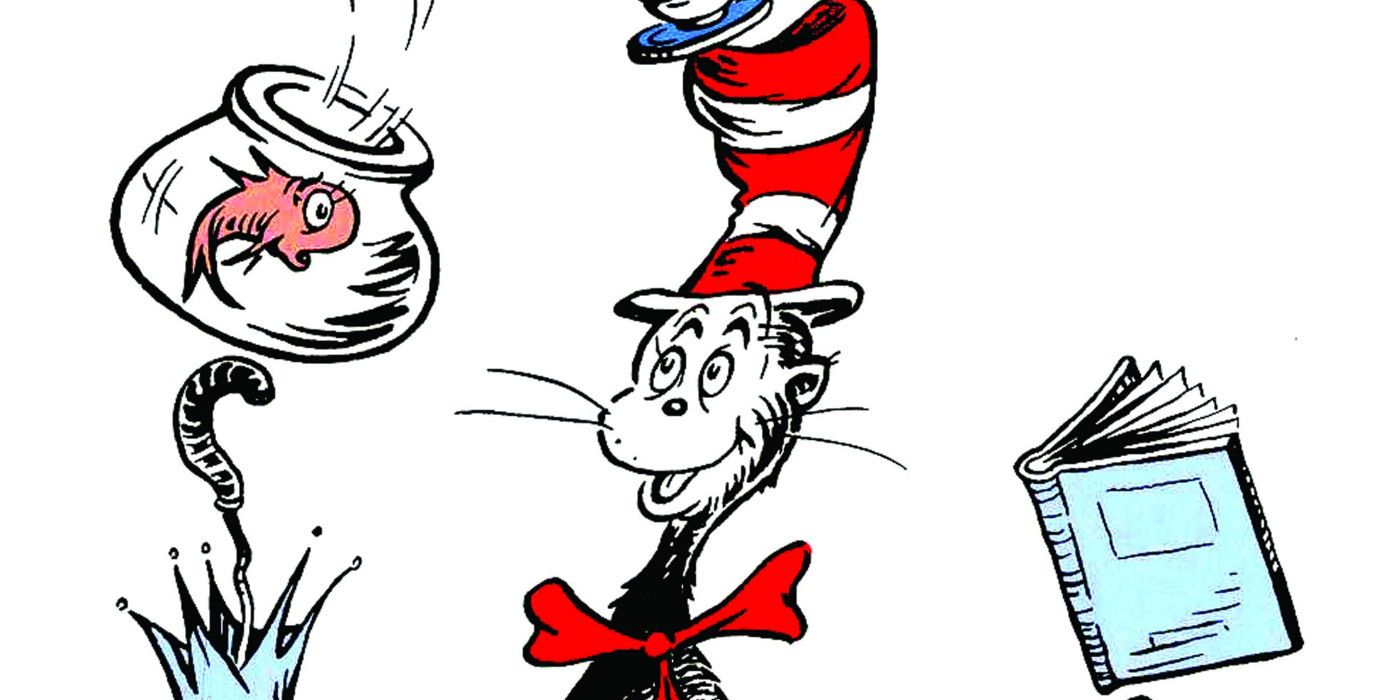
As mentioned before, Dr. Seuss Enterprises is ceasing publication on select books. Those titles are: And to Think That I Saw It on Mulberry Street, If I Ran the Zoo, McElligot's Pool, On Beyond Zebra!, Scrambled Eggs Super! and The Cat's Quizzer. Many of Dr. Seuss' stories are riddled with racist overtones.
However, if his books might still be subtle with this behavior, his advertising projects made this racism even more evident. From the 1920s to the 1940s, the author was involved in illustrating and writing ads depicting Africans as grass-skirt-wearing brutes, Japanese as buck-toothed, and Arabs as camel-riding sultans.
No comments:
Post a Comment